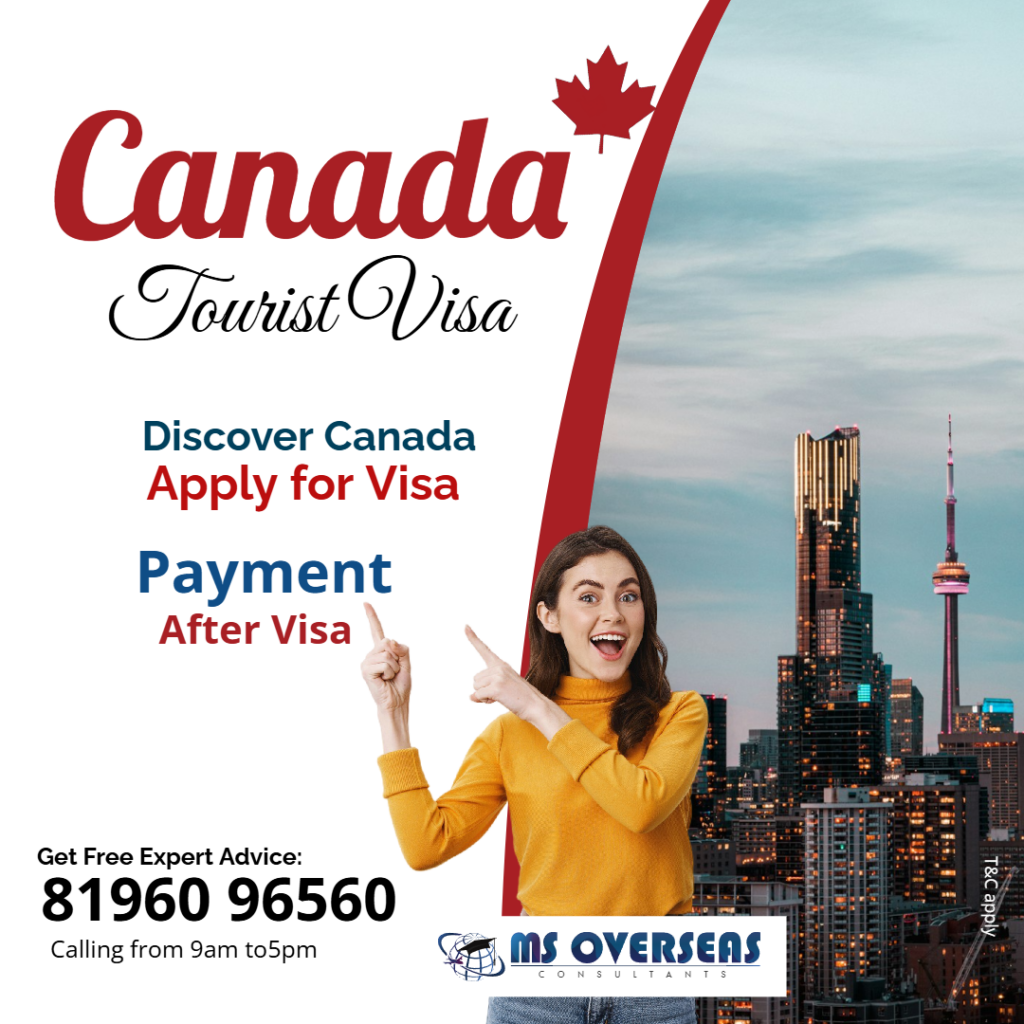Visa regulations and policies are critical components of a nation’s immigration framework. These rules dictate who can enter a country, for how long, and under what conditions. This essay explores the visa regulations and policies of various countries, providing a comprehensive overview of the different types of visas, the application processes, and the specific requirements that travelers must meet. Visa Regulations
United States
The United States has one of the most complex visa systems in the world, reflecting its position as a major global hub for business, tourism, and education. The U.S. offers various visa categories, including non-immigrant visas for temporary stays and immigrant visas for those seeking permanent residency. Visa Regulations

Non-immigrant Visas:
The most common non-immigrant visas include the B-1/B-2 visas for business and tourism, the F-1 visa for students, and the H-1B visa for skilled workers. Each visa type has specific requirements. For instance, the H-1B visa requires the applicant to have a job offer from a U.S. employer, and the position must require specialized knowledge. The visa is subject to an annual cap, making it highly competitive.
Immigrant Visas:
The most common paths include family-sponsored visas, employment-based visas, and the Diversity Visa Lottery, which aims to diversify the immigrant population by granting visas to individuals from underrepresented countries.
The application process for U.S. visas involves filling out the appropriate forms, paying fees, and attending an interview at a U.S. consulate. Applicants must demonstrate that they meet the visa’s requirements and, in the case of non-immigrant visas, that they intend to return to their home country after their visit.
European Union and Schengen Area
The European Union (EU) has harmonized its visa policies through the Schengen Agreement, which allows for free movement across 27 European countries. The Schengen visa permits short stays of up to 90 days for tourism, business, or family visits. However, not all EU countries are part of the Schengen Area, and some non-EU countries like Norway and Switzerland are included.
Schengen Visa:
It allows holders to travel freely within the Schengen Zone, making it highly desirable for tourists and business travelers. The visa application requires documentation such as proof of travel insurance, accommodation, financial means, and a detailed itinerary.
National Visas:
While the Schengen visa covers short stays, national visas are required for longer stays or specific purposes, such as work, study, or family reunification. Each Schengen country has its own rules for national visas, although EU regulations require that national visas for certain categories, like students, be standardized to some extent.
Visa Waiver Agreements:
The EU has visa waiver agreements with many countries, allowing their citizens to enter the Schengen Area without a visa for short stays. However, citizens of countries without such agreements must apply for a Schengen visa, which can be a lengthy and detailed process.
United Kingdom
Since Brexit, the United Kingdom has implemented its own immigration and visa policies, separate from the European Union. The UK offers various visa categories, including tourist visas, work visas, student visas, and family visas.
Tourist and Short-Stay Visas:
The UK offers Standard Visitor Visas for those coming for tourism, business, or medical treatment. These visas generally allow a stay of up to six months. Certain nationalities are visa-exempt for short stays, while others must apply in advance.
Work Visas:
The UK has introduced a points-based immigration system, similar to Australia and Canada, which applies to most work visas. Skilled Worker Visas, for example, require a job offer from a licensed UK employer, and the job must meet specific salary and skill level requirements.
Student Visas:
The UK remains a popular destination for international students. The Student Visa (formerly Tier 4) requires proof of acceptance into a UK educational institution, sufficient funds to cover tuition and living expenses, and proficiency in English.
Post-Brexit Changes:
Post-Brexit, EU citizens no longer enjoy the freedom of movement to the UK. They must now apply for visas under the same rules as non-EU nationals. However, the UK has introduced a special scheme for EU citizens living in the UK before Brexit, allowing them to apply for settled or pre-settled status.
Canada
The country offers various visa categories tailored to different needs, including work, study, tourism, and immigration.
Tourist Visas:
Canada offers Temporary Resident Visas (TRVs) for tourists. Some nationalities are visa-exempt and can enter Canada with an Electronic Travel Authorization (eTA). The TRV process involves submitting an online application with documentation such as proof of funds, a travel itinerary, and, in some cases, biometric data.
Work Visas:
Canada’s work visas are often linked to its immigration pathways. The Temporary Foreign Worker Program (TFWP) allows employers to hire foreign nationals for temporary jobs, particularly in sectors facing labor shortages.
Express Entry System:
Canada’s Express Entry system is a points-based immigration system used to manage applications for permanent residency. Points are awarded based on factors like age, education, work experience, and language proficiency. Applicants with the highest scores are invited to apply for permanent residence.
Study Permits:
Canada is a top destination for international students. The Study Permit allows foreign nationals to study at designated learning institutions in Canada. Applicants must prove acceptance into an educational institution, sufficient financial resources, and, in some cases, proficiency in English or French.
Australia
Australia has a well-defined visa system that supports its immigration and tourism policies. The country offers various visa types, including tourist visas, work visas, student visas, and visas for permanent migration.

Tourist Visas:
Australia’s tourist visas include the Electronic Travel Authority (ETA) and the Visitor Visa. The ETA is available to citizens of specific countries and allows for short visits for tourism or business. The Visitor Visa is more broadly available but requires a more detailed application process.
Work Visas:
Australia’s work visa system is points-based, similar to Canada’s. The Skilled Independent Visa (subclass 189) is a popular option, allowing skilled workers to live and work permanently in Australia. Points are awarded based on age, education, work experience, and language proficiency. Australia also offers the Temporary Skill Shortage (TSS) visa for workers sponsored by employers.
Student Visas:
Australia is a leading destination for international students, with the Student Visa (subclass 500) being the primary route for studying in the country. Applicants must demonstrate enrollment in an Australian educational institution, sufficient funds, and English language proficiency. The visa allows for part-time work during the study period, making it attractive for students seeking to gain work experience.
Permanent Migration:
Australia has a robust system for permanent migration, with pathways for skilled workers, family members, and refugees. The Global Talent Independent Program is one of the newer pathways, targeting highly skilled professionals in specific sectors such as technology and healthcare.
China
China’s visa system reflects its position as a major global player with growing influence in international affairs. The country offers a range of visa types, including tourist visas, business visas, work visas, and student visas.
Tourist Visas:
China’s tourist visas (L visas) are issued for short-term visits. Applicants must provide an itinerary, proof of accommodation, and, in some cases, an invitation letter from a host in China. The application process involves submitting documents to a Chinese embassy or consulate, and some nationalities may need to undergo an interview.
Business Visas:
Business visas (M visas) are issued to those visiting China for commercial and trade activities. The requirements include an invitation letter from a Chinese business partner and details of the planned activities. The visa duration varies depending on the invitation and the applicant’s nationality.
Work Visas:
China’s work visa (Z visa) is required for foreign nationals employed in China. The process involves obtaining a work permit from the Chinese authorities, which the employer usually facilitates. Once the work permit is issued, the applicant can apply for the Z visa and must undergo a health check as part of the process.
Student Visas:
China’s student visa (X visa) is required for those studying in China for more than six months. The X1 visa is for long-term studies, while the X2 visa is for short-term studies. Applicants must provide proof of acceptance from a Chinese educational institution, as well as evidence of sufficient funds.
India
India has a diverse and evolving visa system, reflecting its growing importance as a global economic and cultural hub. The country offers various visa categories, including tourist visas, business visas, work visas, and student visas.
Tourist Visas:
India offers e-Visas for tourists from many countries, allowing for short-term stays of up to 60 days. The e-Visa application process is entirely online, requiring applicants to upload documents such as a passport scan and a recent photograph. For longer stays, a regular tourist visa is required, which involves a more detailed application process.
Business Visas:
Business visas are issued to those visiting India for commercial purposes. The application requires an invitation from an Indian business partner, proof of business activities, and financial resources.
Work Visas:
The application process is stringent, requiring proof of employment, educational qualifications, and a minimum salary threshold. The employer in India must also provide documentation supporting the visa application.
Student Visas:
The application requires proof of admission, financial resources, and, in some cases, an interview at an Indian consulate. The visa is usually valid for the duration of the course.
Conclusion: Visa regulations and policies vary widely by country, shaped by factors such as economic interests, security concerns, and diplomatic relations. Understanding these regulations is crucial for travelers, students, workers, and immigrants. The visa application process can be complex and time-consuming, often requiring careful preparation and documentation. As global mobility increases, visa policies continue to evolve, reflecting the changing dynamics of international relations and migration patterns.

Disclaimer
The information provided in this document is for general informational purposes only and does not constitute legal advice. Visa regulations and policies are subject to change and may vary depending on individual circumstances, including nationality, purpose of travel, and the specific requirements of the destination country. While every effort has been made to ensure the accuracy of the information at the time of writing, changes in visa policies, application procedures, and legal requirements may occur without notice.
Get Free Expert Advice: Are you ready to embark on your next adventure? Whether you’re seeking a work permit, tourist visa, or study opportunities in Canada or other countries, we’re here to help! Contact us today to learn how our expert services can simplify your journey and turn your dreams into reality. Reach out now and let’s start planning your future together!
- Canada Citizenship Requirements: Everything You Need to Know
- Canada’s New Visa Rules: What It Means for Indian Students
- Navigating Student Visa Regulations for Studying in the US, UK, Australia, and Canada
Also read:
- How to Reapply After Visa Rejection: 10 Proven Strategies for Success
- The Most Powerful Passport in the World: Unlocking Global Freedom
- Canada Takes Action to Reduce Fraud in Express Entry System
- Top 10 Countries for Indian Students to Pursue MBBS Abroad in 2025
- Your Comprehensive Guide to Study in the UK: Top Universities

